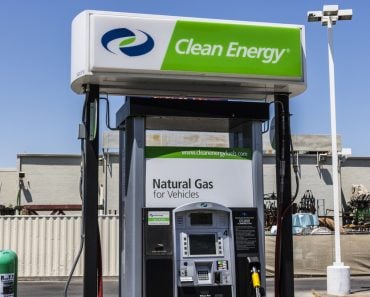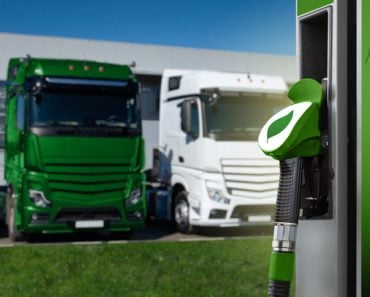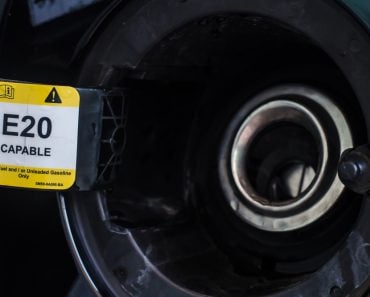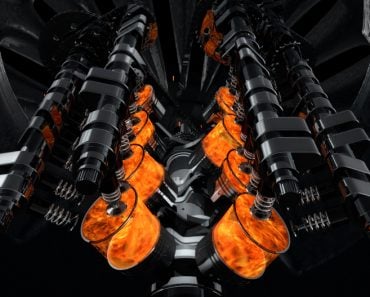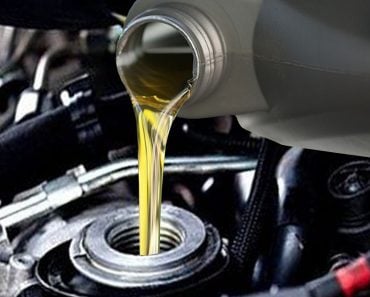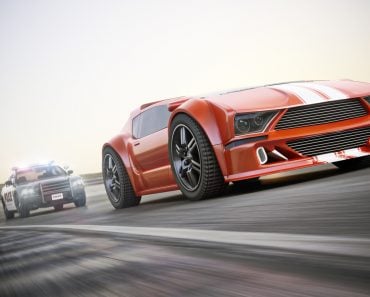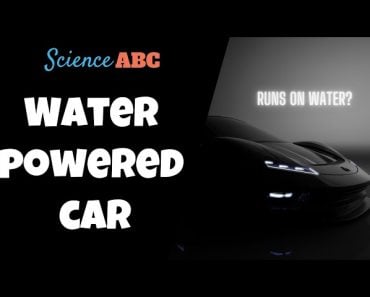Table of Contents (click to expand)
Diesel is not used in smaller cars due to higher maintenance costs, NVH levels and emission-related issues.
Lamenting about rising fuel costs has existed since fuel was “invented”, but one look at the difference between the costs of petrol and diesel will tell you that something doesn’t quite add up. The longest queues are at the petrol pumps, whereas the diesel dispensers are usually filled by a truck or two, and the occasional car, but never a motorcycle…
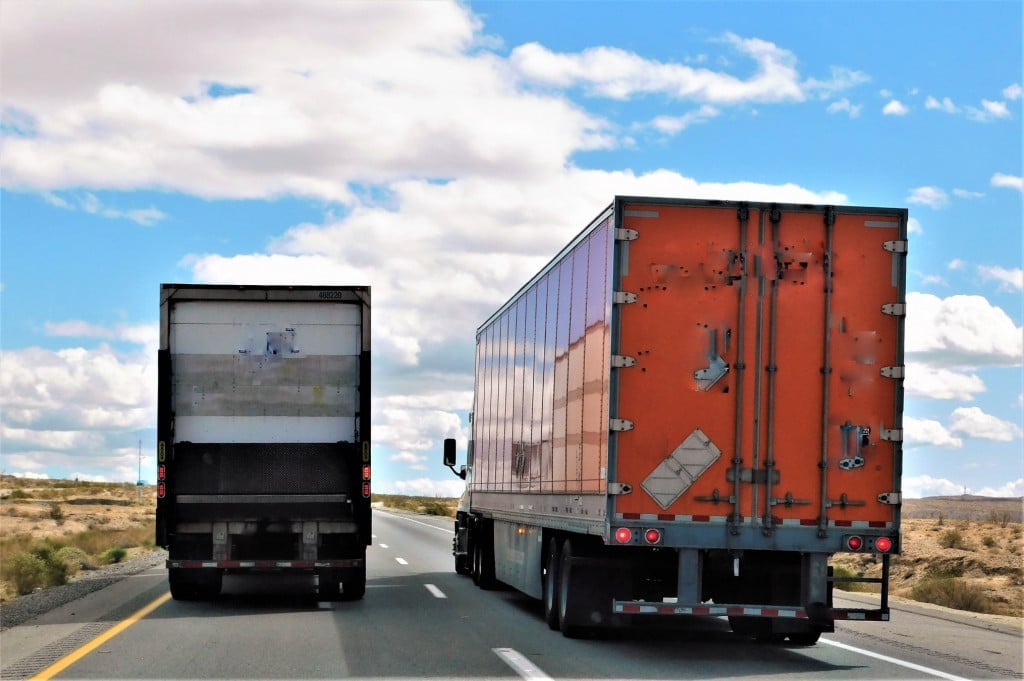
Despite having numerous benefits, diesel is usually associated with trucks and trailers, rather than cars and motorcycles. As the world makes a paradigm shift with the introduction of electric and autonomous vehicles, let’s look into the disregard for diesel as a domestic, common man’s fuel.
Recommended Video for you:
Diesel As A Fuel
Diesel and petrol are both byproducts of refining crude oil, but they have quite dissimilar combustion characteristics.
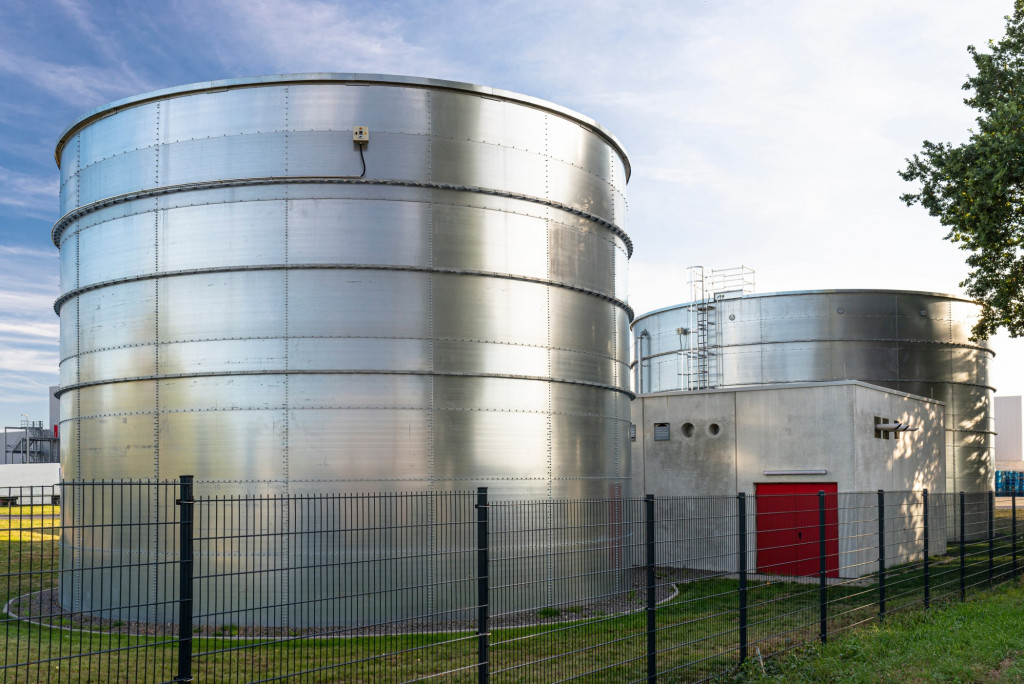
This makes one unfavorable for the duties of the other. To learn even more about the differences between petrol and diesel, you can click here.
Manufacturers have only sporadically warmed up to diesel as a choice for smaller vehicles. Diesel is more conducive for heavier vehicles, and understanding the physics of combustion will help explain why.
1. Higher Compression Ratio
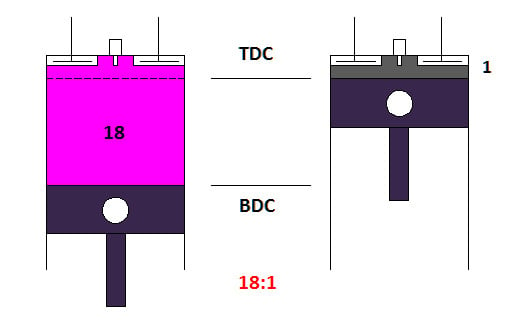
Diesel is ignited by compression, as opposed to the “spark” in a petrol engine. A higher compression ratio ensures greater thermal efficiency and the complete combustion of fuel. Diesel vehicles are known for their high mileage, making fuel stops more infrequent. This is particularly desirable for heavy vehicles, as they often traverse regions where fuel might not be easily available.
2. Energy Dense Fuel
Despite having a comparable calorific value with petrol, diesel is more energy dense, which translates to more torque.
3. Slow-burning Fuel
Moving a lot of weight consumes a lot of energy. The slow burning of diesel ensures that this energy is available as torque to the vehicle, even at low speeds. This makes diesel fuel conducive for large vehicles that constantly battle weight and occasionally unruly terrain.
4. Engine Design
Diesel engines are designed to capitalize on the above three characteristics. They have a longer bore and stroke and are often assisted by turbocharging to maximize the torque being made available to the vehicle.
So, why can smaller vehicles not benefit from these characteristics?
The Case Against Diesel
As per the above argument, it is already clear that diesel is a very potent fuel. However, diesel engines also have some disadvantages that make them unfavorable for use in smaller cars.
1. Higher NVH (Noise, Vibrations And Harshness) Levels
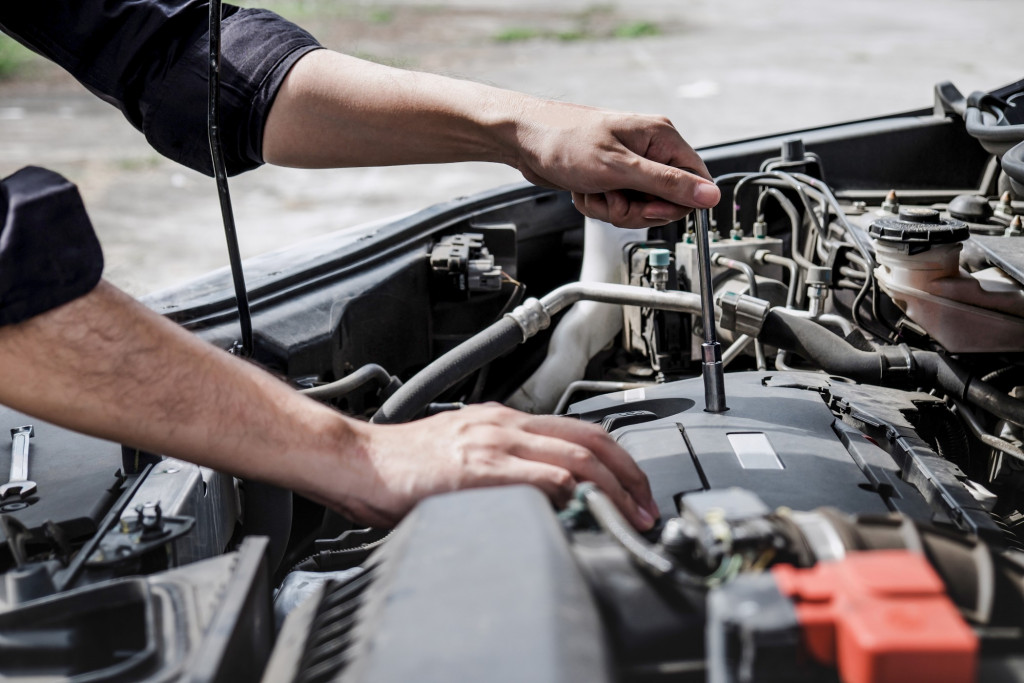
Due to the higher compression ratios, diesel engines generate harsh rattling sounds and vibrations. While this does not have a significant impact on heavy vehicles, due to their sheer size, it can become an occupational hazard for smaller cars. That said, many manufacturers have refined their diesel engines to be put to use in smaller cars. Commuter vehicles, such as jeeps, SUVs and even saloon cars have a diesel counterpart to their petrol range.
2. Higher Maintenance
Machines that are subject to high vibrations wear out faster and can fail prematurely. This failure is also known as ‘fatigue’. For diesel engines, their components must be engineered to withstand the higher NVH levels. This increases maintenance costs significantly. It is worthwhile to note that while diesel engines need maintenance less often, any benefit gained by this is offset by the cost of every maintenance need.
This makes diesel engines less popular amongst small car owners, whose objective is economical transportation.
3. Emission-related Issues
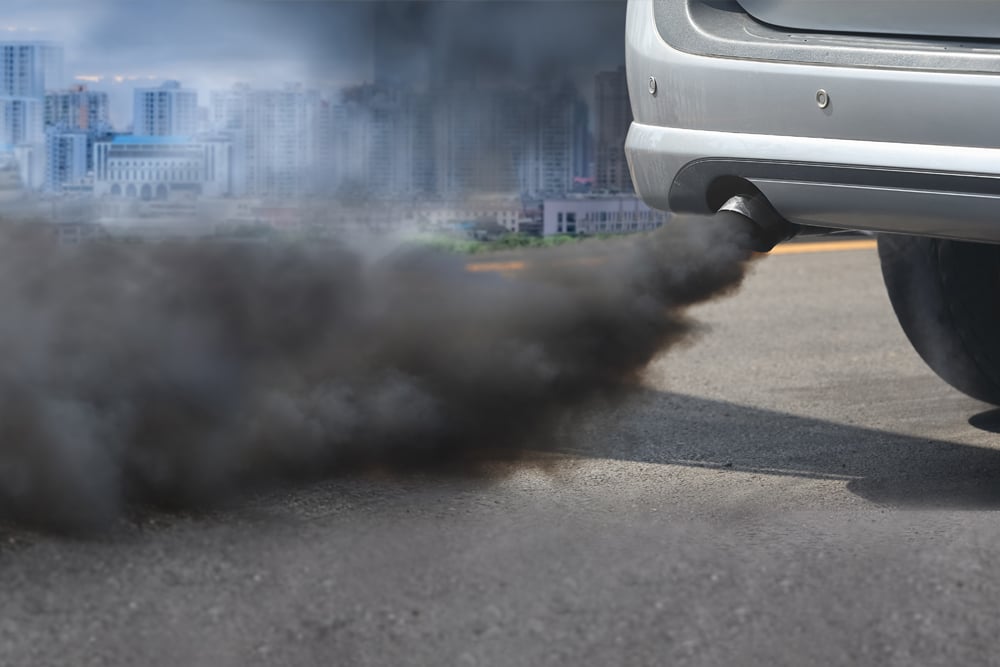
Despite having greater efficiency compared to petrol engines, diesel engines emit harmful nitrogen oxides that are notorious for respiratory failures. Unlike petrol engines that can neutralize these gases within the exhaust system, diesel engines have no effective provisions for this issue.
Older diesel engines are associated with an even greater discharge of NOx gases in the atmosphere. Following this observation, various governments have even taken measures to ban diesel engines that are more than 10 years old. To avoid emission-related penalties and taxes, diesel engines are unpopular in small cars.
Diesel Vs Sports Cars
If you think about it, sports cars can benefit a lot from the advantages of diesel. Additionally, regulations pertaining to emissions and prohibitive maintenance costs are also not an issue for race cars.
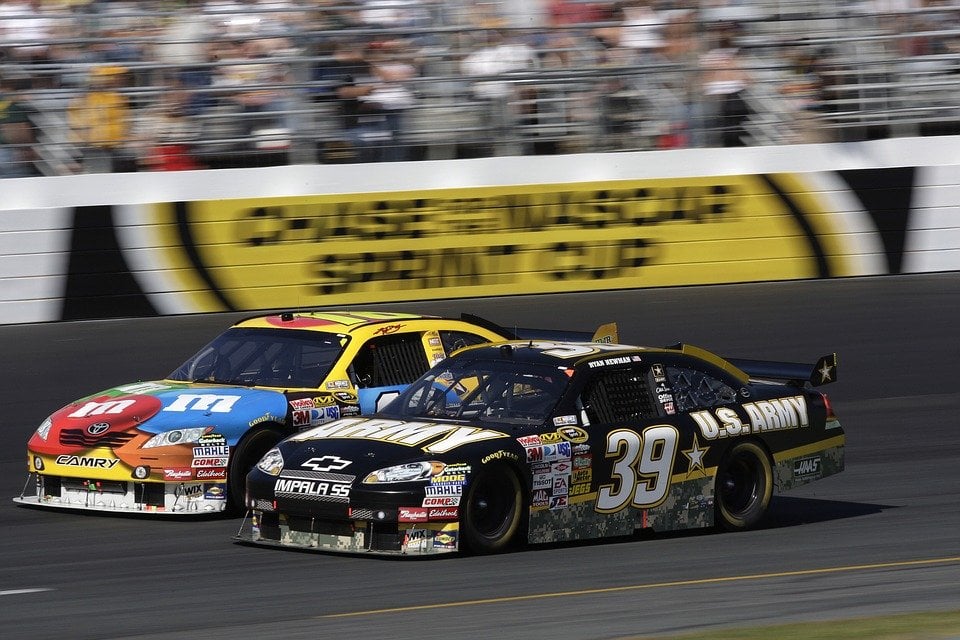
Yet, diesel is never used in sports cars! This can probably be linked to the weight of diesel engines. Due to higher compression and energy density, diesel engines have thicker walls than their petrol counterparts. In races, a lighter car is always at an advantage, as it can accelerate more quickly. Consequently, the heavier diesel engines are a major drawback—and a dealbreaker!
At the same time, diesel engines deliver most of the torque at lower engine speeds. There is no significant gain to be made at higher RPMs. This also makes them unfavorable in race settings, where torque delivery is required even at higher RPMs. Even though racing teams have tried diesel engines in the past, they are not used in modern-day racing.
The Future Of Diesel
Consumer-class automobiles are rapidly inching towards broad-scale discontinuation of diesel engines from their product range. That said, the dependence of heavy automobiles and marine equipment on diesel has not diminished in any way. While diesel might not be burning directly in automobile engines in years to come, it will definitely be utilized for producing the electricity tasked with powering the next generation of cars!
References (click to expand)
- Brookes, L. E. (2015). The Practical gas and oil Engine Handbook; a Manual of Useful Information on the Care, Maintenance and Repair of gas and oil Engines, With Special Reference to the Diesel oil Engine. Andesite Press
- Christensen, S. (1990). Lamb's Questions and Answers on Marine Diesel Engines. Butterworth-Heinemann

